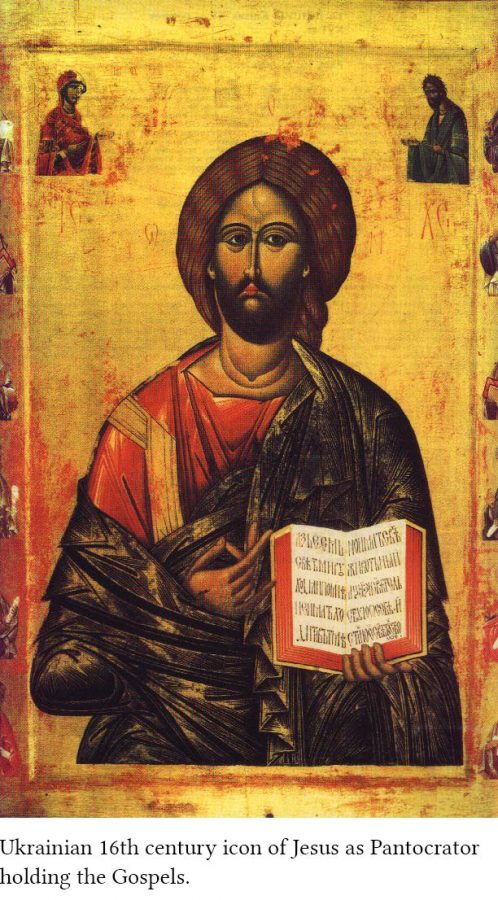GCTS Vision: Christ-Centered
DR. SCOTT W. SUNQUIST
President & Professor of Missiology
[This is part 3 of a 7 part series on the community vision for Gordon-Conwell Theological Seminary. To become a thoughtful, loving, Christ-centered community of global discipleship.]
“You have a Jesus fetish!”
So I was told by a fairly liberal seminary professor after I gave a short talk on missiology.
Although it was not meant to be, I received it as a compliment. A fetish preoccupies a person but has only limited magical powers.
Jesus is almighty. That is an infinite difference. Still, I talked a lot about Jesus. I found it impossible to talk about mission, or ethics, or morality, or human thriving, or a host of other human topics without reference to Jesus. Jesus is the center, and he also inscribes the circumference of what is human.
While it may seem unnecessary to say “Christ-centered” when talking about a Christian seminary, it is (unfortunately) necessary. Seminaries can be lured by the urgent need to be relevant; to be defined by their issues and stands (diversity, justice, equality, peace); to make the result the foundation; in brief, to make the goal the cause.
I try to be attentive to how seminaries and other Christian institutions talk about their goals, purpose and ethos. Few are explicit (and therefore explicitly guided) by being centered on Jesus Christ. Gordon-Conwell, however, is expressly centered on Christ. There is no real justice without Jesus and there is only approximate peace or equality without the one Lord who brings all of reality into true Shalom.
In this Christian theological seminary, all that we do is centered on Jesus Christ. I have spoken many times about the interpretation of the Psalms. For the early Church, and also for us, every Psalm is Christological. We can find something of Jesus and his nature, character, righteousness and his judgment on evil in the Psalms. But this is true not only for the Psalms: in fact, all of Scripture points to Jesus.
All of our academics are Christ-centered. When I teach Christian history, I always have before me the question of how the Church in each age and in each place understood Jesus. If they depicted Jesus as a conquering King (as did Charlemagne), they may have ended up with a violent form of Christianity. Jesus is often depicted in our own image (businessman, liberal Democrat, etc.) rather than as Lord of all. When we are Christ-centered, we allow Jesus to critique our all too human images of Him.
Christ is central to counseling. Jesus is the great healer and shepherd. He is central also in our community, our marriages, in how we struggle to make forgiveness and gentleness common practices in our life together. Even in secular contexts, we seek ourselves to be centered on Jesus Christ and to pray that Christ will more and more become Lord of those with whom we counsel.
When we teach ethics we should not ignore the question “What would Jesus do,” even though this is only partially helpful. Jesus did not live in the 21st century. Still, we need to look at the Sermon on the Mount, the judgment of evil in Revelation and the sacredness of holiness and mercy, judgment and grace, that is integral to Jesus’ love.
Icons of Jesus often depict him holding Scriptures (usually the Gospels). In the Orthodox tradition, this image is of Jesus the all-powerful (Pantocrator). It is a reminder that Jesus is the all-powerful one, and that Scripture points to him.
Jesus as a fetish? No. Jesus as Lord of all.
SWS
 Scott W. Sunquist, the new President of Gordon-Conwell Theological Seminary, writes a weekly blog, “Attentiveness” which is posted each Monday morning on the Gordon-Conwell web site. He welcomes comments, responses and good ideas.
Scott W. Sunquist, the new President of Gordon-Conwell Theological Seminary, writes a weekly blog, “Attentiveness” which is posted each Monday morning on the Gordon-Conwell web site. He welcomes comments, responses and good ideas.
